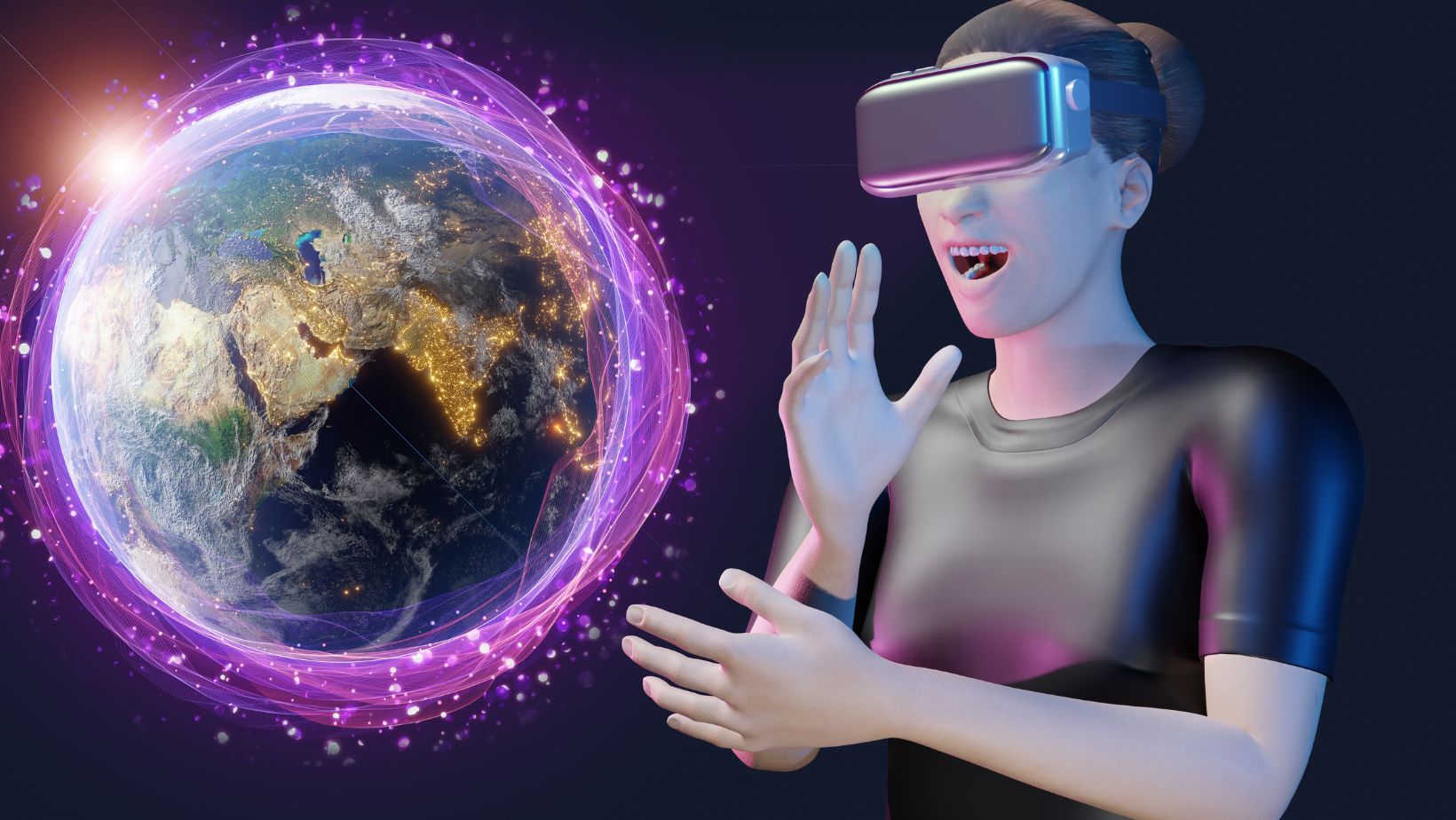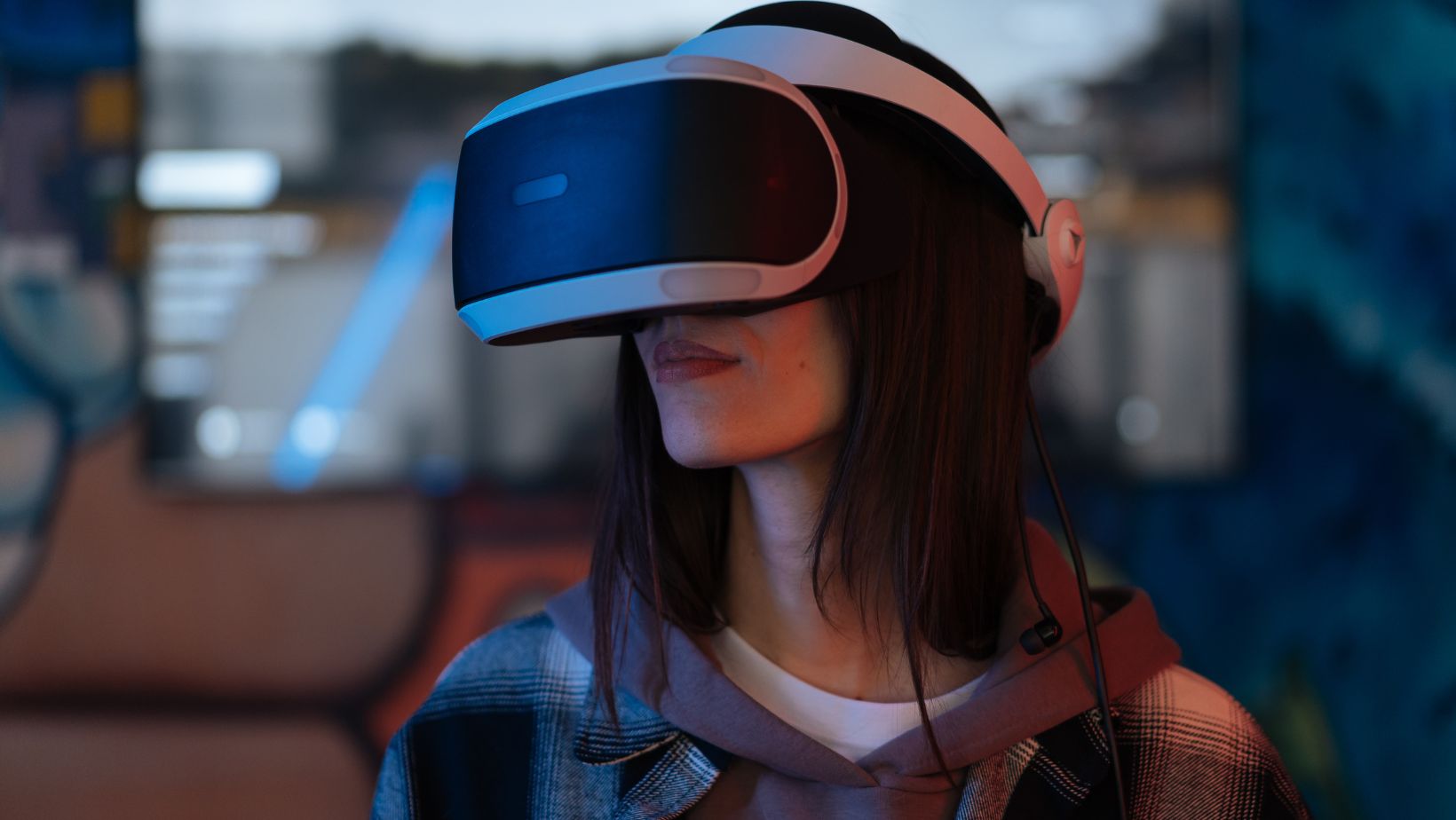The Czech Republic is making waves in the tech world with its groundbreaking advancements in virtual reality. Once known primarily for its rich history and stunning architecture, the country is now emerging as a powerhouse in VR innovation. This shift is transforming various industries, from gaming to healthcare, and putting the Czech Republic on the global tech map.
Driven by a combination of cutting-edge research and a thriving startup ecosystem, Czech VR companies are pushing the boundaries of what’s possible. They’re not just creating immersive experiences; they’re redefining how people interact with digital environments. As the world catches on to this tech revolution, the Czech Republic is poised to become a leader in the next generation of virtual reality.
Overview Of Czech Virtual Reality Evolution
Czech VR has rapidly evolved, driven by continuous innovation and dedicated research. Since the early 2010s, the Czech Republic has integrated cutting-edge VR technologies into various sectors. Gaming companies, for example, use VR to enhance player experiences with immersive environments. Pioneering firms like Bohemia Interactive Simulations and Beat Games, known for titles like “ARMA” and “Beat Saber,” have pushed VR boundaries.
In healthcare, Czech VR companies are developing solutions for medical training and patient rehabilitation. Virtual simulations help medical professionals practice surgeries and procedures in a risk-free environment. The utilization of VR in therapy has also enabled personalized treatments for patients with cognitive and motor impairments.
Educational institutions in the Czech Republic, including Charles University, have embraced VR for interactive learning. These implementations range from virtual field trips to detailed explorations of historical sites. By incorporating VR, educators provide students with engaging and memorable learning experiences.
Significant government and private sector investments have supported the growth of the Czech VR industry. Grants and funding initiatives promote the development of new VR technologies and applications. This collaboration between sectors ensures continued innovation and positions the Czech Republic as a VR leader.
The VR ecosystem in the Czech Republic includes numerous startup incubators and accelerators. These entities provide resources and mentorship to emerging VR firms, fostering a collaborative environment. As a result, the Czech VR landscape continues to thrive and expand.
- 2012: Bohemia Interactive Simulations launches VR military training programs.
- 2015: Charles University introduces VR-based courses.
- 2018: Beat Games releases “Beat Saber,” achieving global success.
- 2020: Government allocates significant funding for VR development in various sectors.
Czech VR’s evolution reflects the country’s commitment to advancing technology. By leveraging innovative initiatives, the Czech Republic solidifies its role in the global VR revolution.
Key Innovations And Breakthroughs
The Czech VR landscape showcases remarkable advancements, contributing significantly to global technological trends. Innovations span various sectors, enhancing user experiences and expanding practical applications.
AR And VR Technologies
Augmented reality (AR) and virtual reality (VR) technologies in the Czech Republic have seen rapid development. Companies integrate AR with VR to create mixed reality experiences, essential for industries like education and healthcare. These hybrid solutions enable virtual simulations with real-world interactivity, optimizing training and treatment outcomes.
Pioneering Companies In The Czech Republic
Several pioneering companies lead the Czech VR industry. Bohemia Interactive Simulations specializes in military training simulations, enhancing strategic training through immersive VR environments. Beat Games, known for “Beat Saber,” revolutionizes gaming with its rhythm-based VR experience. VRgineers develops high-resolution VR headsets, which are used in fields from automotive design to space exploration. These companies drive Czech VR innovation, establishing global standards.
Significant Milestones
Significant milestones mark the progress of Czech VR. “Beat Saber,” released by Beat Games in 2018, became a global phenomenon, selling over four million copies. In healthcare, VRMedical’s solutions for surgical training and rehabilitation stand out.

Additionally, the Czech Republic hosts the annual VRFest, showcasing advancements and fostering collaboration among VR enthusiasts and professionals. These milestones highlight the Czech Republic’s pivotal role in VR technology.
Applications Across Industries
Czech VR technology revolutionizes various sectors, from healthcare to entertainment. Innovations drive industry-specific applications, pushing the boundaries of what VR can achieve.
Healthcare
Czech VR impacts healthcare through immersive medical training and rehabilitation tools. Companies like VRMedical create realistic simulations for surgical practice, reducing risks and enhancing skills. Customized VR therapies aid patients with cognitive and motor impairments, offering engaging, patient-specific treatment plans that improve recovery outcomes.
Education
Educational institutions in the Czech Republic, such as Charles University, leverage VR for interactive learning. Students benefit from virtual field trips and historical site explorations, making complex subjects more engaging and accessible. VR classrooms provide immersive educational experiences, enhancing comprehension in subjects like biology and history.
Entertainment
Czech VR has transformed the entertainment industry, particularly in gaming. Companies like Bohemia Interactive Simulations and Beat Games lead the way with popular games like “Beat Saber,” offering global audiences engaging, immersive experiences. These innovations set new standards and demonstrate the potential for VR to revolutionize entertainment through interactive environments and compelling content.
Challenges And Opportunities
Czech VR technology faces various challenges and opportunities shaping the industry’s growth and innovation.
Technological Barriers
Several technological barriers impede the advancement of Czech VR. High development costs limit entry for smaller companies. Advanced hardware requirements, due to VR’s immersive nature, often lead to prohibitive expenses for consumers. Moreover, ensuring compatibility across different VR platforms presents technical complexities, hindering widespread adoption. Addressing these barriers involves strategic investments in research and development to make VR technology more accessible and affordable.
Market Potential
The market potential for Czech VR is substantial across many sectors. In gaming, the success of companies like Bohemia Interactive Simulations highlights the lucrative opportunities in developing engaging VR content. Healthcare applications, from surgical training to therapy, offer vast prospects for growth and innovation. Education sectors see VR as a tool for transforming learning experiences, with institutions like Charles University leading the way. These diverse applications underline the promising market potential that Czech VR can tap into, driving further technological integration and market penetration.
Impact On The Global VR Market
The Czech Republic’s innovations in VR technology significantly impact the global market. Known for blending VR with various sectors, Czech VR contributes to worldwide technological advancements.
Comparisons With Other Countries
The Czech VR industry stands out when compared to other countries. While the US and China dominate with larger market shares and investments, the Czech Republic excels in niche innovations and practical applications. For instance, Czech companies like Bohemia Interactive Simulations and Beat Games specialize in gaming and mixed reality, unlike their counterparts who often focus on broader commercial applications.

Additionally, the Czech VR ecosystem benefits from substantial government support and collaborative startup environments, propelling rapid growth and unique solutions that sometimes surpass the technological sophistication found in larger markets.
Contribution To Global Standards
Czech VR companies actively contribute to setting global standards. VRgineers, for example, creates high-resolution VR headsets that meet the rigorous demands of professional simulations. Similarly, the integration of AR and VR by Czech firms influences international practices, especially in education and healthcare. The success of “Beat Saber” illustrates how Czech innovations captivate global audiences, setting benchmarks for VR gaming experiences. These contributions ensure the Czech Republic’s position as a critical player in developing and refining VR technologies, influencing global trends and standards.
Future Prospects Of VR In The Czech Republic
Czech VR technology has promising prospects across various industries. Anticipated advancements in hardware and software will enhance immersive experiences. Significant investments are expected to accelerate the development of cutting-edge applications in gaming, healthcare, and education.
In gaming, continued innovation by companies like Bohemia Interactive and Beat Games will lead to more sophisticated and engaging VR experiences. New VR games will likely incorporate advanced AI and haptic feedback, delivering unprecedented interactivity.
Healthcare will benefit from VR’s evolving capabilities. Czech VR firms are developing increasingly realistic simulations for surgical training and therapeutic options for mental health treatments. Future VR applications will provide more robust and personalized medical solutions.
Educational institutions will further embrace VR for immersive learning. Enhanced VR environments will allow students to explore complex concepts interactively. Virtual labs and simulations will become essential learning tools in universities.
Strategic government and private sector investments will boost the Czech VR industry. Such investments will support startups and foster collaborations, driving continuous innovation. Annual events like VRFest will showcase new technologies and facilitate knowledge sharing among professionals.
Czech VR companies will also focus on mixed reality (MR) applications. Integrating AR with VR, MR will create versatile solutions for training, education, and professional simulations. These advancements will set global standards and reinforce the Czech Republic’s position in the global VR market.
Despite current technological challenges, the future of Czech VR looks promising. With ongoing research and development, VR technology will become more accessible and widely adopted. The Czech Republic is poised to lead the next wave of VR innovations, influencing global trends and standards.
Conclusion
The Czech Republic’s commitment to virtual reality innovation is reshaping industries and setting global standards. With significant contributions in gaming, healthcare, and education, Czech VR companies are driving technological advancements and immersive experiences. Strategic investments and collaborations ensure continued growth and innovation, positioning the country as a leader in the VR landscape. As research and development progress, Czech VR technology is poised to overcome current challenges and lead the next wave of global VR trends. The future of VR in the Czech Republic looks promising, with potential to influence and transform digital interactions worldwide.



